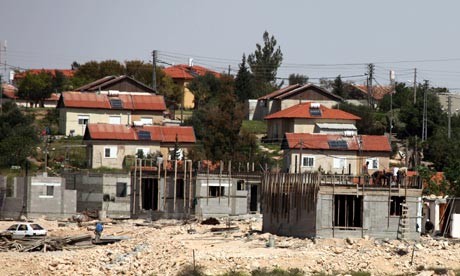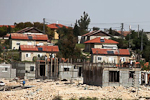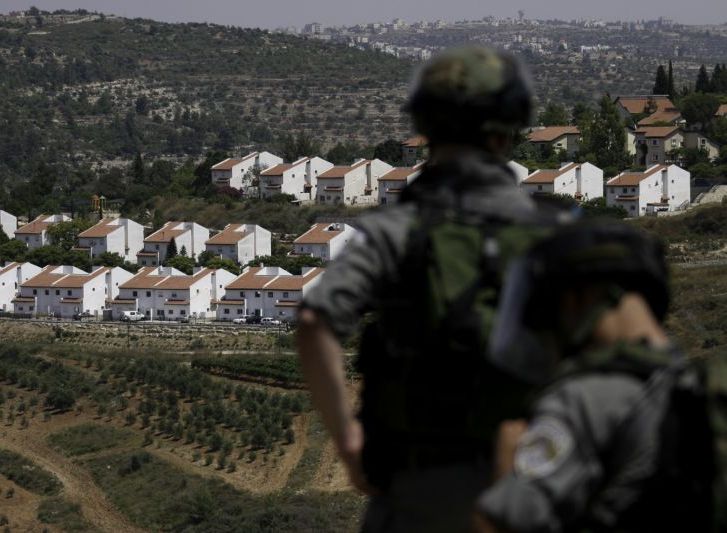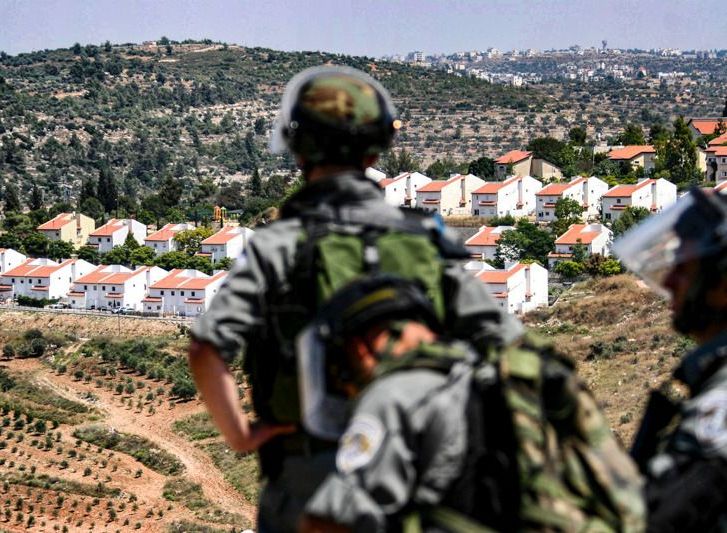Israeli Supreme Court: State must justify why it won't repeal unconstitutional Settlement Law
The Israeli Supreme Court on 4 December 2017 issued an order nisi ("order to show cause") in a petition against the Settlement Regularization Law filed by Adalah – The Legal Center for Arab Minority Rights in Israel, Jerusalem Legal Aid and Human Rights Center (JLAC), and Al Mezan Center for Human Rights (Gaza) on behalf of 17 local Palestinian authorities in the West Bank.
According to the Settlements Regularization Law [click for English translation of the law], West Bank settlements built on privately-owned Palestinian land would be "legalized" by de facto expropriating the land, planning the settlements, and retroactively authorizing the housing already constructed on the land.
The law could legalize about half of Israel's settlement outposts, as well as about 3,000 additional homes built illegally in settlements recognized as legal by Israel. Palestinian landowners can receive financial compensation or alternative land, however this law authorizes a further massive land theft of private Palestinian land by the Israeli government.
In her decision, Israeli Supreme Court Chief Justice Esther Hayut called on the state to explain "Why should it not be determined that the Settlement Regularization Law is invalid in all areas of the West Bank, and that [Israel's West Bank military commander] is therefore forbidden to act in accordance with the law… and why should it not be determined that the Settlement Regularization Law is null and void since it is unconstitutional."
The court will hear the petition with an expanded panel of nine justices on 3 June 2018.
Adalah, JLAC, and Al Mezan issued a statement in response to the Supreme Court's order nisi:
"Given the clear and absolute harm caused to the rights of Palestinian landowners in the occupied territories, it was expected that the Supreme Court should have issued an order nisi much more quickly in this petition. But to our great dismay, there has not yet been a hearing on this most fundamental of issues which raises serious questions relating to violations of international humanitarian law."
CLICK HERE to read the latest Supreme Court decision [Hebrew]
CLICK HERE to read an English translation of the law



















